Get to Know New BSOS Teachers and Researchers
The College of Behavioral and Social Sciences is pleased to introduce these new faculty members, who you may see in classrooms and labs throughout the fall 2025 semester.
Assistant Professor Ashley Everson, AAAS
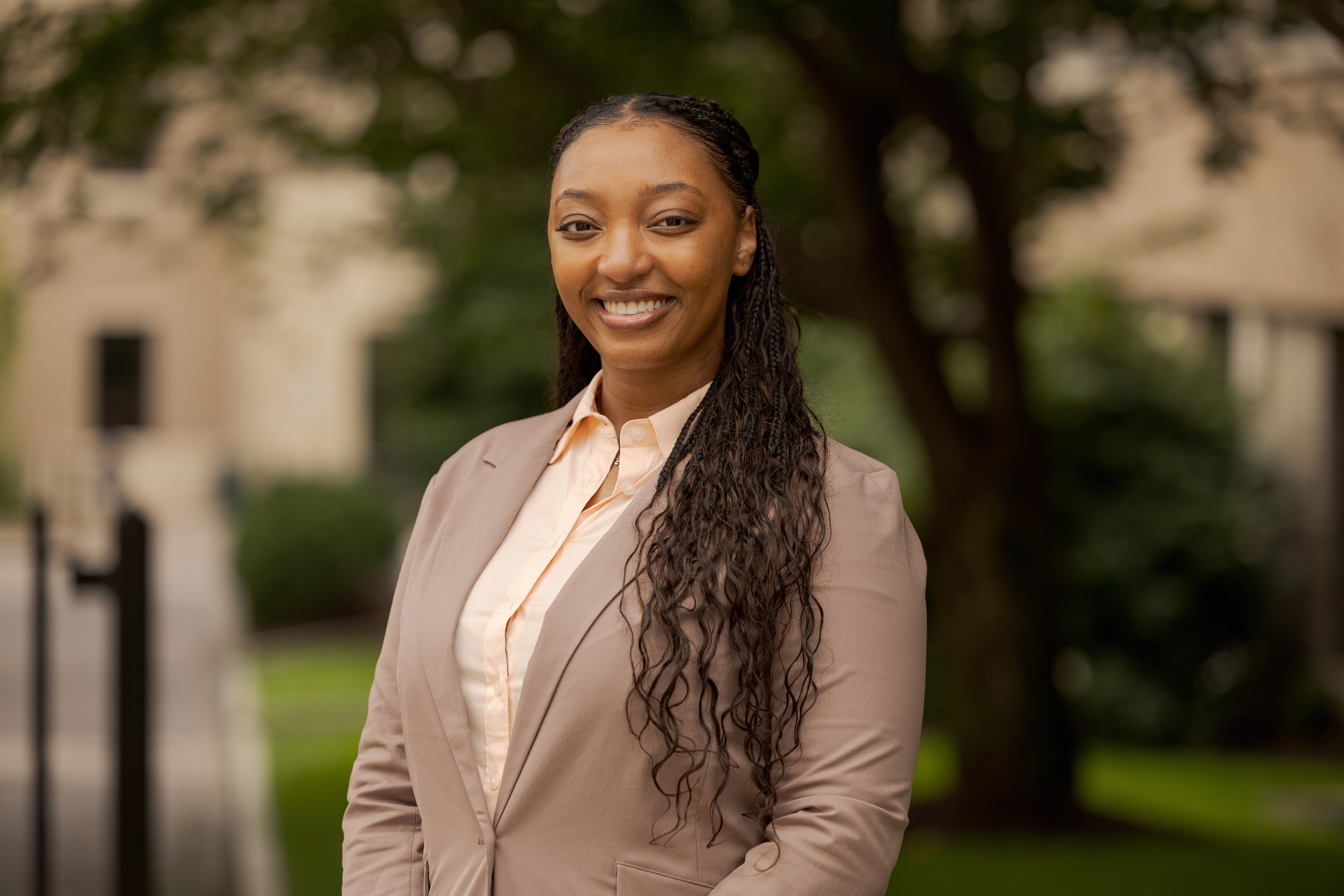
Ashley Everson is an Assistant Professor in the Department of African American and Africana Studies (AAAS). She received her Ph.D. in Africana Studies from Brown University in 2025. Her research interests include Black feminist thought, political theory, labor history, and Black women’s political histories. Her most recent research seeks to investigate the relationship between Black political mobilization in the Tennessee Valley region and decolonial organizing throughout the African Diaspora during the interwar period. Her research has been published in the premier journal of literature, art and culture in the African Diaspora, Callaloo Literary Journal, and Black Perspectives, the award winning blog of the African American Intellectual History Society (AAIHS). She serves as a managing editor of Global Black Thought, the official journal of the AAIHS.
Assistant Professor Beka Guluma, AAAS
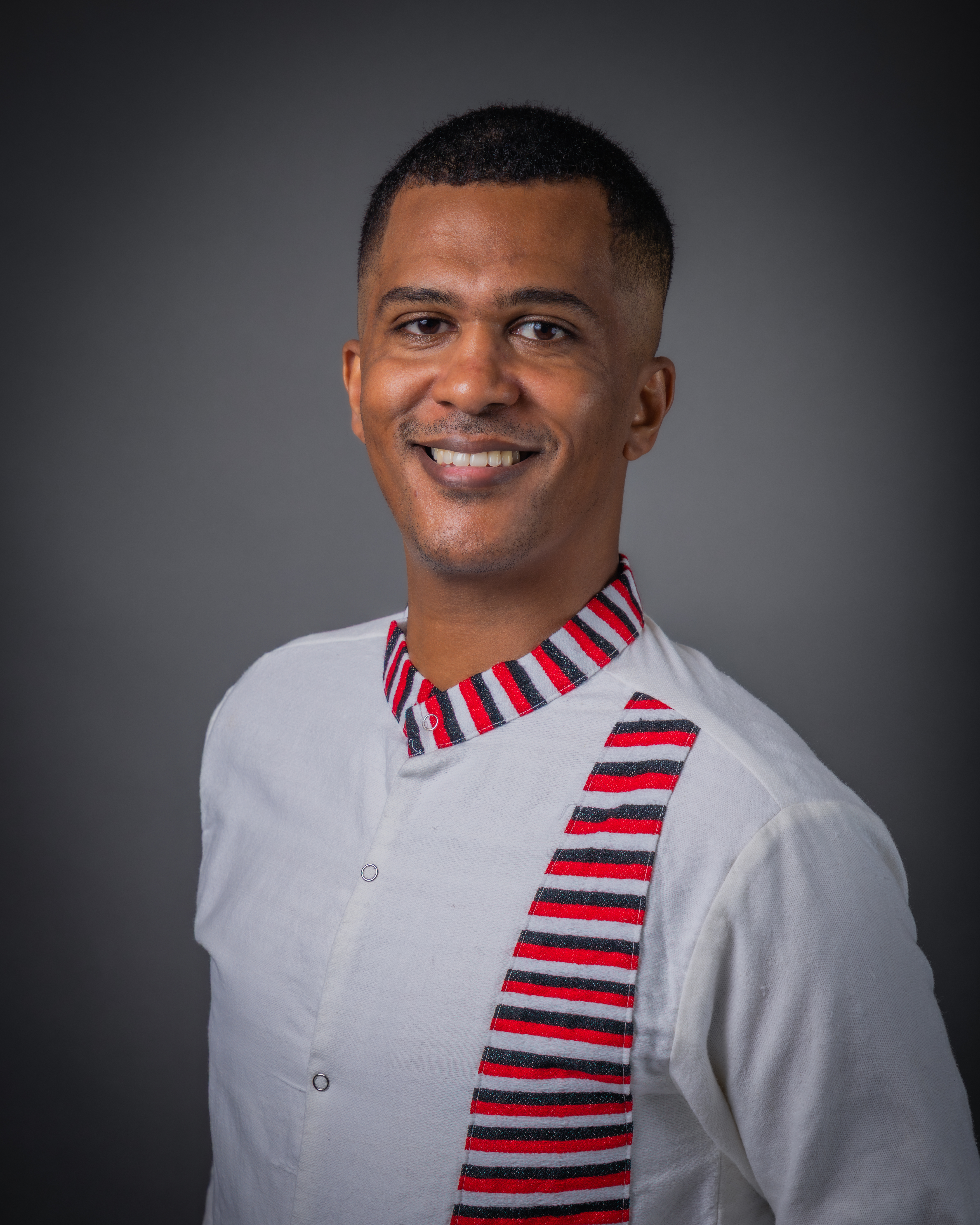
Following a two-year appointment as a post-doctoral associate in AAAS, Beka Guluma is now an assistant professor in the department.
Prior to joining the University of Maryland, College Park, he earned a B.A. in Political Science from the University of Michigan, and an M.A. and Ph.D. in Sociology from Stanford University.
His research examines the relationship between immigrant integration, transnational engagement, and racial and ethnic identity with a particular focus on Black (namely, African) immigrants. Currently, he is working on two major projects. The first explores how Oromo (Ethiopian) immigrants’ ethnic and racial identities are and continue to be informed by events
and processes in both the United States and Ethiopia. The second examines Black immigrants’ voting behaviors and partisan affiliations vis-a-visa native-born Black people. His research has been published in some of the top racial and ethnic studies journals, including Sociology of Race and Ethnicity and Race and Social Problems.
Guluma is teaching AAAS398B/IMMR319D: "Black Immigrants: Challenges and Impacts."
Professor Eric Baumer, CCJS
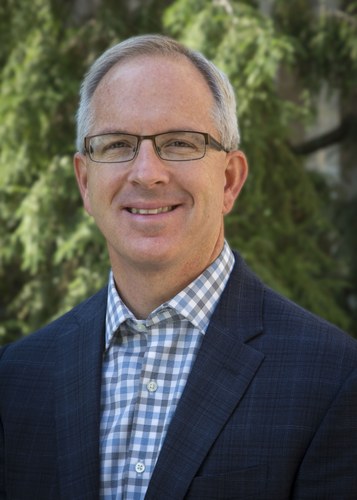
Eric P. Baumer joins the Department of Criminology and Criminal Justice (CCJS) after a decade at Penn State, where he also served as head of the Department of Sociology and Criminology. A Fellow and former Vice President of the American Society of Criminology, he has co-edited Criminology and held numerous national leadership roles.
Baumer’s research examines spatial and temporal variation in crime and justice, including recent projects on immigration and crime, neighborhood context and violence, and changes in youth offending. At UMD, he will be teaching undergraduate and graduate courses that explore broad dimensions of crime, law, and justice.
Assistant Research Professor Weston Anderson, GEOG
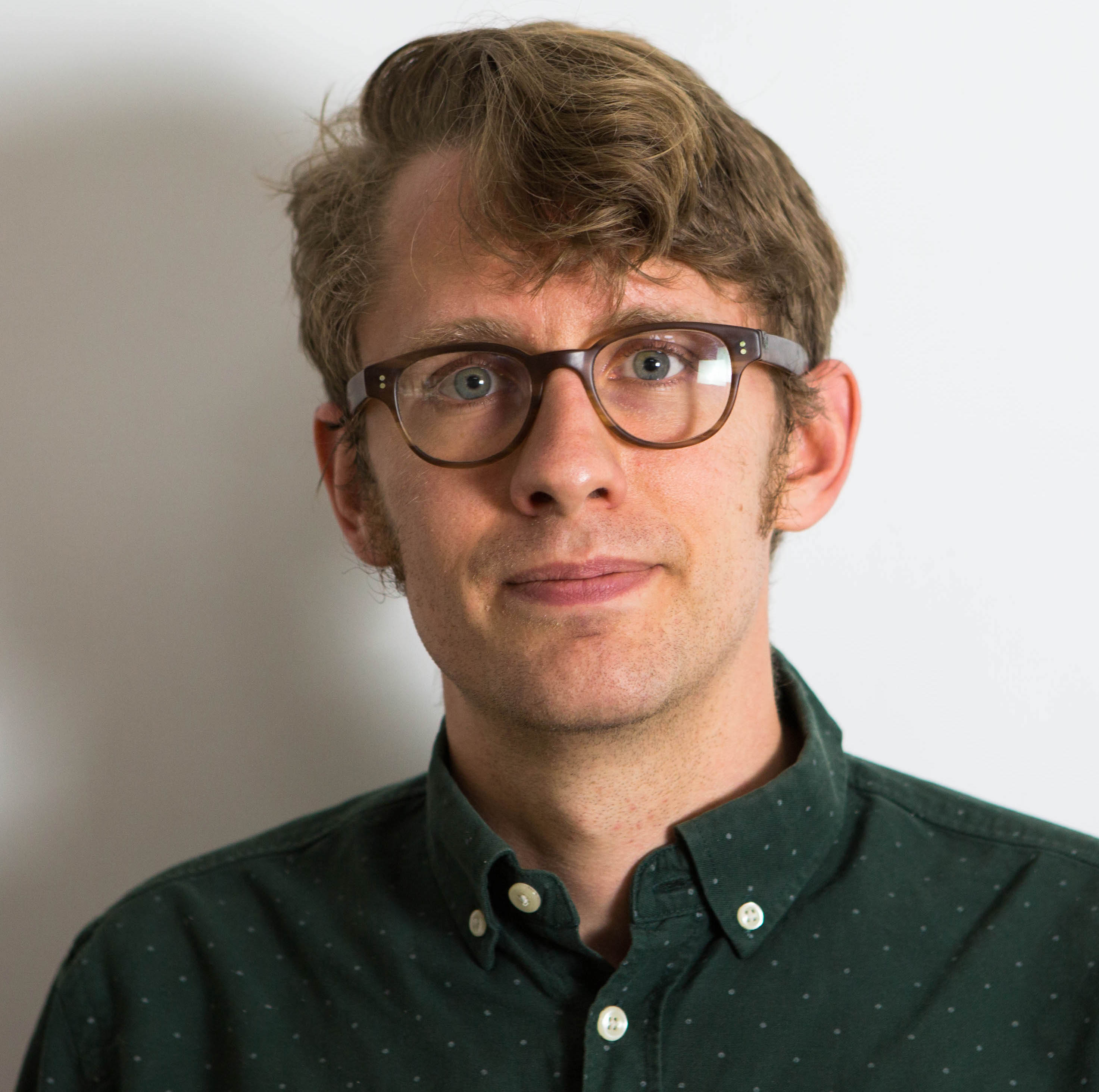
Weston Anderson is an agroclimatologist who studies the dynamics of climate variability and its relation to food security using reanalysis products, remote sensing observations and model simulations. Anderson's recent research has sought to understand how global-scale modes of climate variability pose a structured risk to food production, and how to use this information to build crop yield forecast systems. Anderson will be working with Department of Geographical Sciences (GEOG) NASA Harvest team to improve our understanding of, and ability to predict, crop failures.
Assistant Research Professor Ariani Wartenberg, GEOG
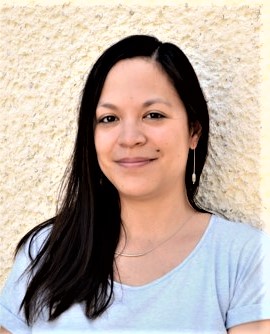
Wartenberg is an agroecologist and land use scientist whose research approach builds on over 15 years of experience working on land-use issues in rural landscapes.
Wartenberg's dissertation research focused on plant-soil interactions and farm-management decisions in smallholder cocoa agroforests in Sulawesi, Indonesia. As a postdoc at UC Berkeley and the Leibniz Centre of Agricultural Landscape Research in Germany, Wartenberg investigated impacts of landscape-level agricultural land-use change on ecosystems in California and Brandenburg, Germany.
Now, as the Land System Science Lead for the Global Land Programme at UMD-GEOG, Wartenberg will work with both academic and non-academic partners to synthesize lessons-learned from land-system science and to develop practice-oriented research approaches. Wartenberg's current research focuses on assessing trade-offs and synergies associated with multiple land-management goals, including in agricultural contexts; integrating transdisciplinary methodologies, including participatory & GIS-based approaches, to support and scale up sustainable land-use practices; and investigating implications of different land governance systems for people, nature and climate.
Assistant Research Professor Lindsay Barbieri, GEOG

Lindsay Barbieri is an assistant research professor in GEOG, and the science-policy lead for the Global Land Programme.
As a geographer, Barbieri works at the interface of land and society. Her expertise in farming, biogeochemistry, geospatial analysis, information management, and policy implementation informs and shapes her diverse research efforts. From developing and testing new technologies to monitor land–atmosphere dynamics, to assessing climate mitigation and adaptation opportunities in agricultural systems, to providing geospatial analysis for effective responses to environmental change, Barbieri is deeply engaged in land systems research for societal benefit. She is passionate about cultivating and supporting research networks that are both scientifically rigorous and socially responsive, to helping to build towards more just, equitable, and sustainable futures.
Barbieri was previously a senior geospatial analyst at USAID, and earned her Ph.D. in Natural Resources with a certificate in Ecological Economics from the University of Vermont as a Gund Institute Graduate Fellow. Before graduate school, she was a professional circus artist and worked on a small dairy farm, completing Washington State University’s FIELD program. She received her B.A. from Hampshire College in 2010 studying climate cycles on Mars.
Assistant Professor Jonet Artis, HESP
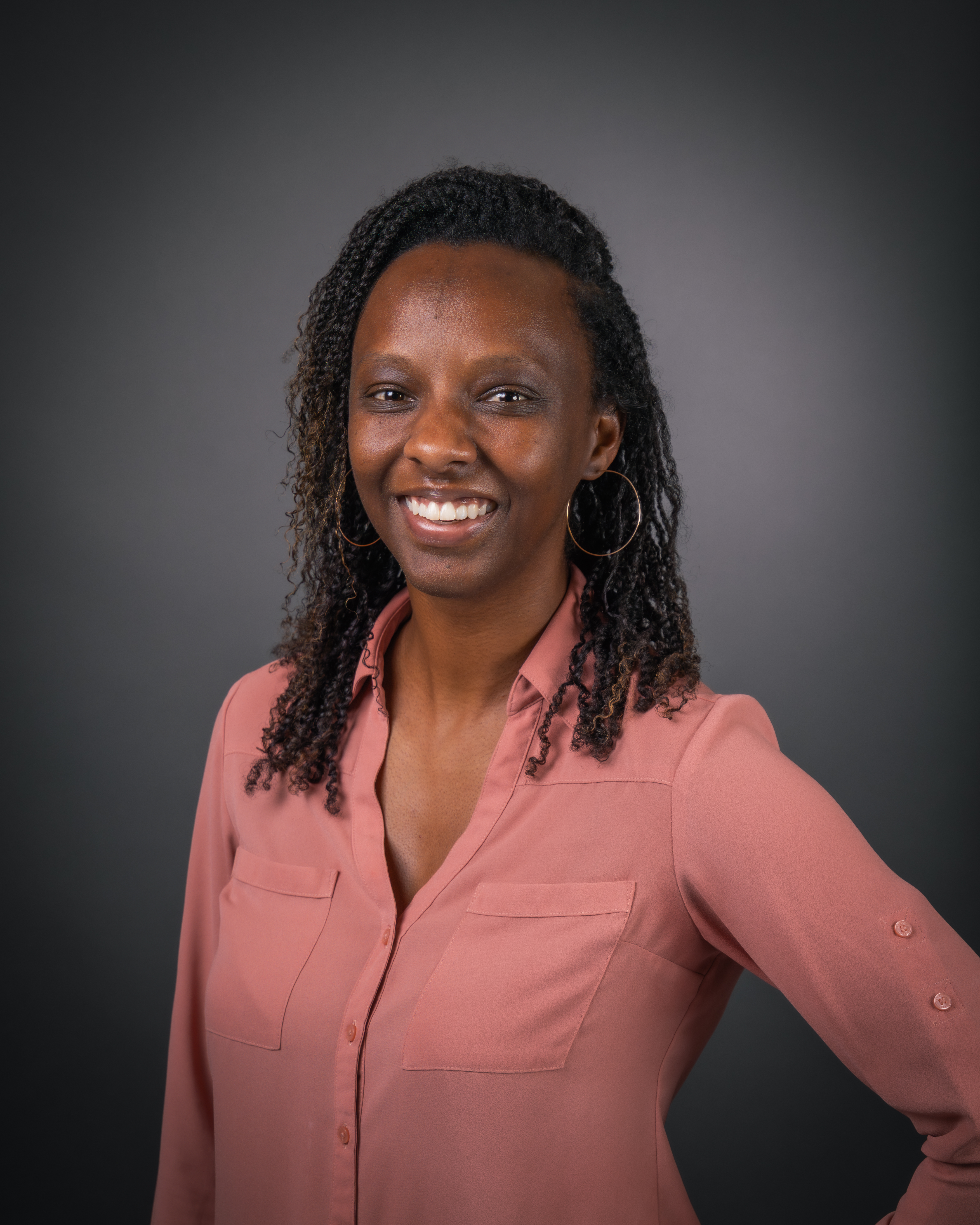
Artis is an assistant professor in the Department of Hearing and Speech Sciences (HESP). She is a speech-language pathologist and researcher whose work centers on the language development of children with neurodevelopmental conditions. Her research interests include the early language and communication development of children diagnosed with autism and other developmental conditions. She is also interested in interventions focused on the language development of autistic children who have a language disorder. Due to her clinical experiences, she has a desire to conduct research that will assist underserved communities that have access to limited diagnostic and intervention services.
Artis is teaching HESP 613: "Autism Spectrum Disorders" and HESP415: "Principles and Methods in Speech-Language Pathology."
Associate Professor Taylor Hargrove, SOCY
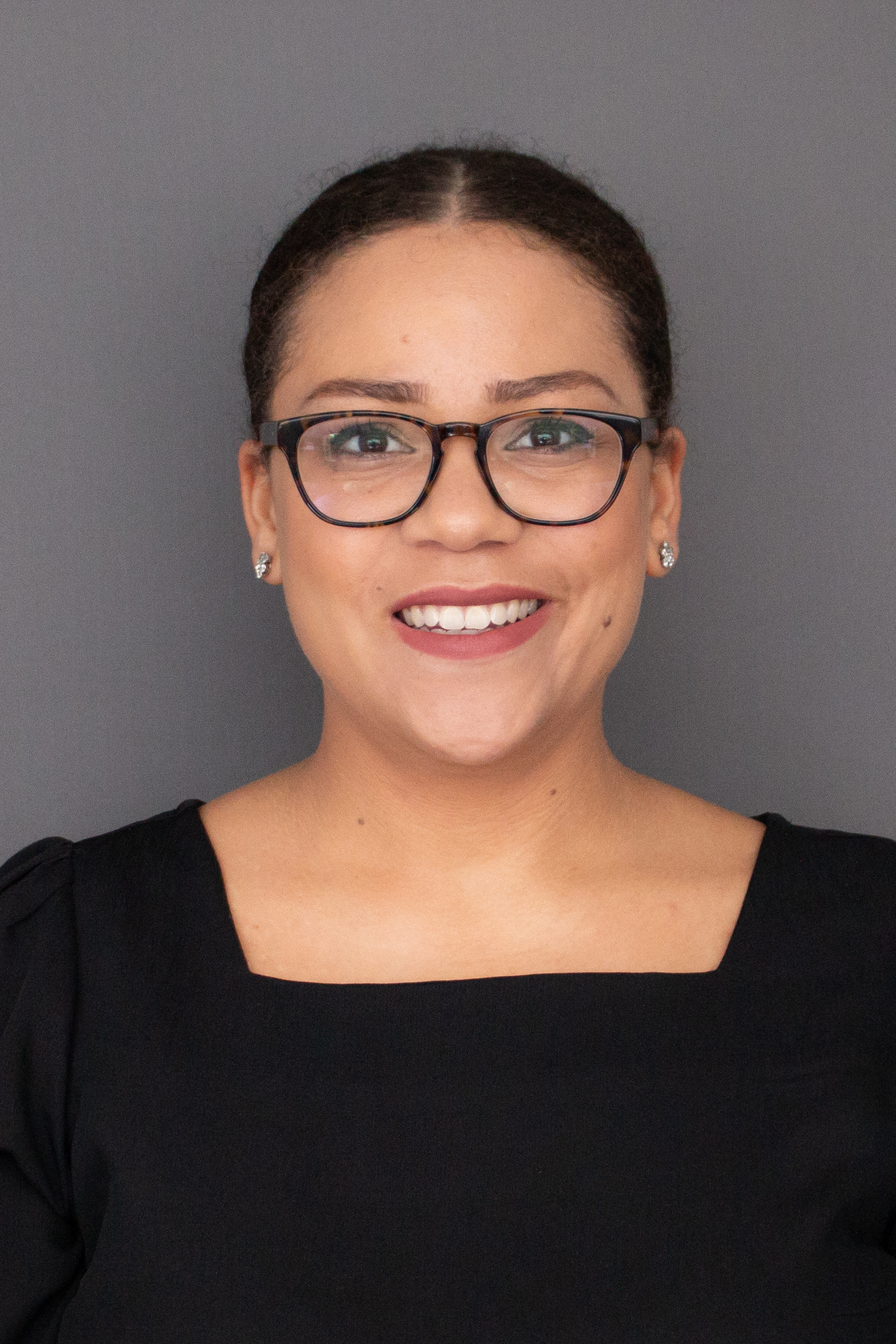
Taylor Hargrove is a professor in the Department of Sociology (SOCY). Hargrove's research examines how racism and other systems of inequality become embodied and impact population health in the United States. Her current work investigates linkages among socio-geographic contexts, individual status characteristics, and biological measures of health and aging among young and early midlife adults using advanced quantitative methods. Through this work, Hargrove clarifies how macro- and meso-level environments shape downstream pathways that affect more proximate causes of poor health.
Hargrove's work has been supported by the National Institutes of Health and the Robert Wood Johnson Foundation, and has been featured in leading journals including Social Forces, Demography, Journal of Health and Social Behavior, Journals of Gerontology, and Public Policy & Aging Report.
At UMD, she will teach courses on social inequality, health disparities, and aging and the life course while continuing to investigate how social factors, particularly manifestations of structural racism, “get under the skin” to shape health and social inequality.
Prior to joining UMD, Hargrove was an associate professor of sociology at the University of North Carolina at Chapel Hill. She earned her Ph.D. from Vanderbilt University in 2016.
Assistant Professor Katharine Khana, SOCY
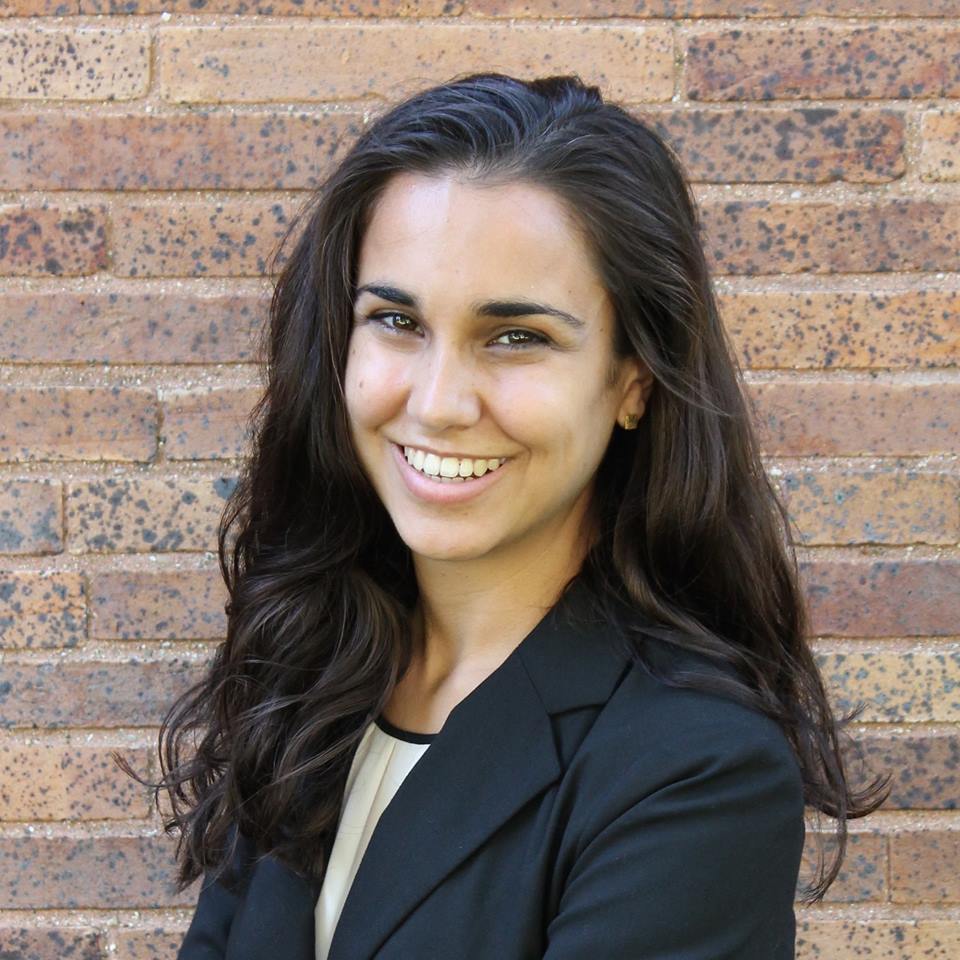
Khanna earned her Ph.D. in Sociology from Columbia University in 2023 and completed a President's Postdoctoral Fellowship at the University of Maryland in 2025.
Broadly, her work focuses on gender inequality, status processes, and social identity. Khanna is particularly interested in the dynamic nature of gender attitudes across social contexts, which she studies using a combination of survey experiments, in-depth interviews, and survey analysis. Recent and current projects examine the durability of gender categories, the relational and intersectional nature of gender attitudes, and the social and symbolic consequences of espousing egalitarian beliefs.
Khanna is teaching SOCY673: "Sociology of Gender."
Assistant Professor Desi Jones, PSYC
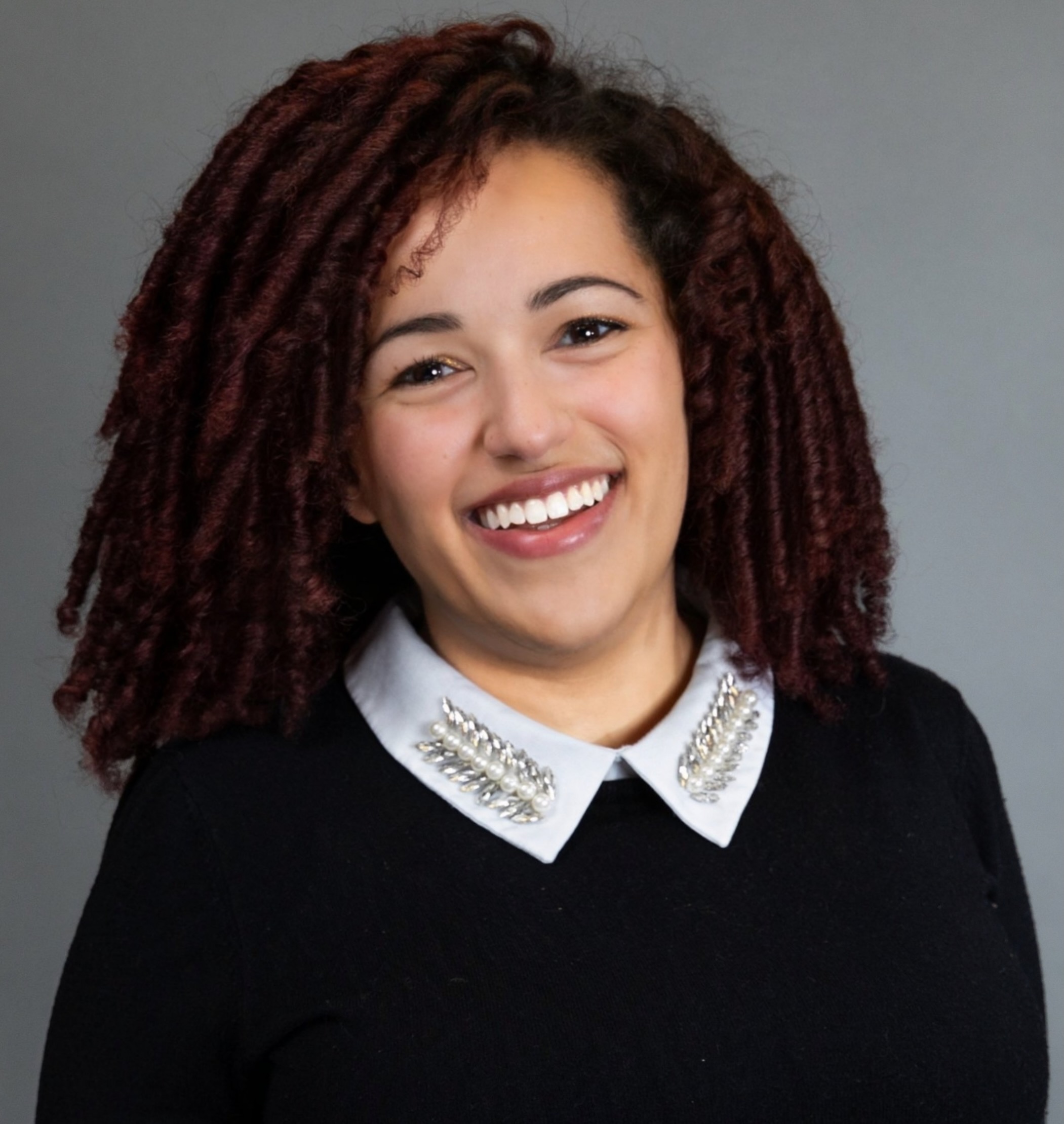
Desi Jones is an assistant professor in the Department of Psychology (PSYC). She received her Ph.D. in Psychological Sciences from the University of Texas at Dallas in 2023 and completed a postdoctoral fellowship at the University of Maryland from 2023 to 2025.
Jones’ research examines how autistic people are perceived by their peers, and how these perceptions shape social outcomes and well-being. She is especially interested in how race and other social identities influence stigma, belonging, and well-being in Black autistic adults. Her work often incorporates a mix of qualitative and quantitative methods, including eye tracking, interviews, and dyadic studies, and emphasizes an intersectional approach to understanding bias and social interaction. Importantly, Jones’ research is guided by community priorities and aims to create accessible, affirming environments for autistic people.
Jones is teaching PSYC355: "Developmental Psychology."
Published on Thu, Sep 4, 2025 - 11:30AM




